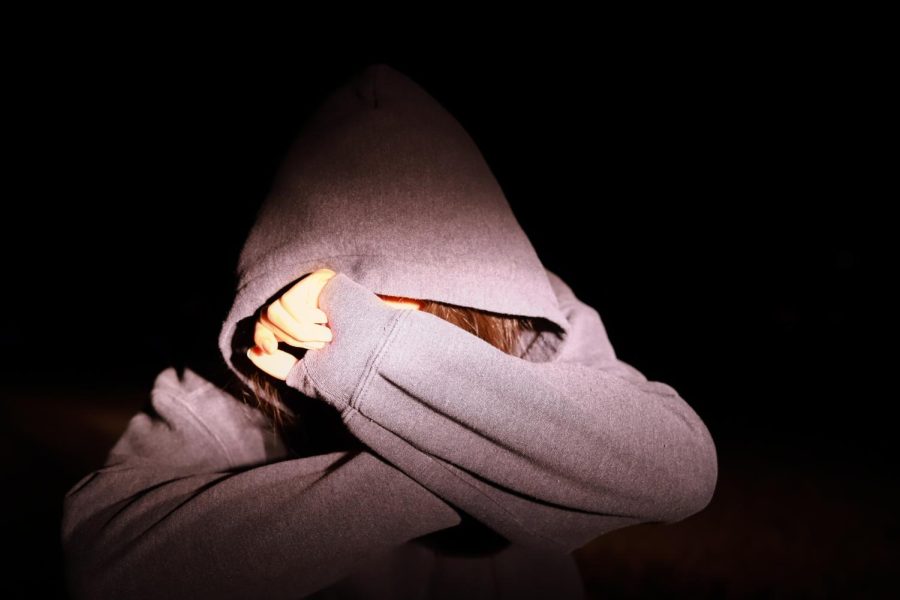Trouble Trending
Analyzing The Psychology Appeal of Cancel Culture
January 27, 2022
A celebrity does or says something offensive. The news floods phone screens, group chats and makes the thumbnails of media channels. For weeks, “#canceled” rages the internet.
Some people say cancel culture is terrible because a single mistake can ruin a career, but others believe certain mistakes deserve total blacklisting. Yet, sometimes celebrities become more popular, like in the case of celebrity makeup artist Jeffree Star.
Star built his career as a makeup artist, founding his e-commerce brand Jeffree Star Cosmetics in 2014. Star has been involved in several disputes with other media personalities and has been accessed of rascism and multiple instances of sexual assault.
“I agree with [Jeffree Star] being canceled because he has done a lot of bad things in the past, like blackface, and is overall a problematic person,” freshman Lua Campos said. “I have mixed feelings for him because now I have been informed that he is going to therapy to work on himself as a person, but I think his cancellation was deserved.”
While cancel culture can leave a mark on a celebrity’s reputation, it often does little to impact someone’s career and only serves to promote social status. Despite Star’s supposed cancellation, he still benefits from media coverage with 16.2 million subscribers on YouTube and 2.5 billion total views, promoting his products to a new fanbase. He was revealed to have made $18 million from his Youtube channel in 2018, and he isn’t the only one to follow shame with success.
In 2019, Youtube star and makeup artist James Charles came under scrutiny after allegations of racism and sexual misconduct against him surfaced. In response to this scandal, the influencer’s subscriber number dropped from 16.5 million to less than 13.8 million, while videos of former fans destroying their James Charles palettes rampaged. As of April 2021, he lost his partnership with Morphe Cosmetics.
And yet, James Charles still has over 24 million followers on both YouTube and Instagram. He’s not hurting too much.
Internet personality Oli London has undergone 18 plastic surgery procedures in an attempt to be a transracial Korean, but despite the negative response to London’s social media presence, their videos continue to accumulate views by the thousands. London’s recent parody of K-pop group BTS’ song “Butter” scored a view rate of 2.6 million.
Celebrities who engage in offensive behavior often remain popular simply because people love the drama. Psychologically, the emotional thrill of watching drama drives the need to fulfill curiosity. Eye catching headlines and clickable thumbnails make content more appealing to an audience.
When London or other popular figures face allegations of wrongdoing, social media users sometimes demand they vanish from the public eye. But in several cases, celebrities instead garner a larger following once they take on the “canceled” label.
This paradox might leave some fans conflicted — and it might cause them to wonder if cancel culture is even making a positive difference in society.
“I don’t really agree with canceling, because it’s pretty brutal, but it’s so satisfying to watch happen. I think it’s the sense of vindictive justice that we get– it’s also kind of fun to see things crash and burn. Not that I condone this behavior,” senior Justin Nguyen said. “I [feel] like everyone’s more focused on destroying that person’s career than actually helping any victim, or helping them learn their mistakes.”



